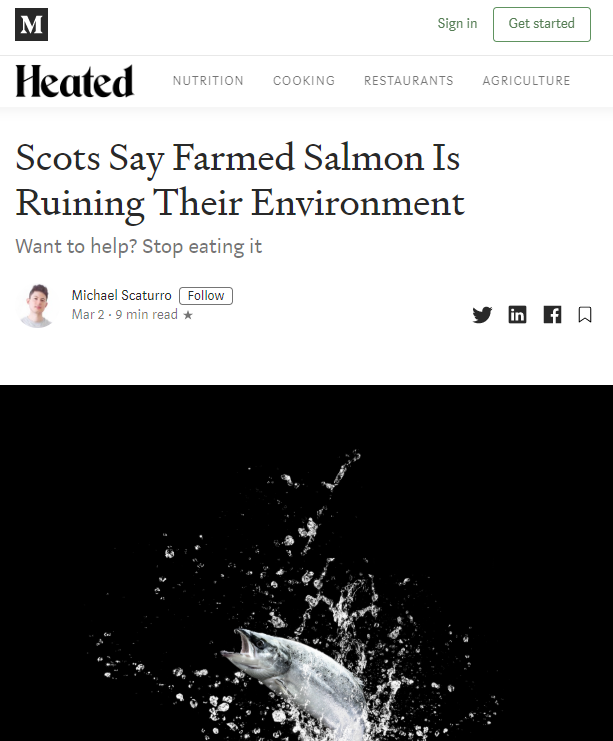 Skosk laxeldisfyrirtæki nota myndir af köstulum, stökkvandi fiski og óspilltu hafi í markaðssetningu sinni. En raunveruleikinn er að þetta er allt bara leiktjöld,“ segir John Aitchison kvikmyndagerðarmaður sem fékk BAFTA verðlaunin fyrir vinnu sína við heimildarþáttaröðina Planet Earth II sem BBC framleiddi.
Skosk laxeldisfyrirtæki nota myndir af köstulum, stökkvandi fiski og óspilltu hafi í markaðssetningu sinni. En raunveruleikinn er að þetta er allt bara leiktjöld,“ segir John Aitchison kvikmyndagerðarmaður sem fékk BAFTA verðlaunin fyrir vinnu sína við heimildarþáttaröðina Planet Earth II sem BBC framleiddi.
„Skoska ríkisstjórnin hefur gefið leyfi fyrir því að hafið okkar sé notað sem ókeypis svæði þar sem úrgangur er losaður. Umhverfismálunum er sópað undir teppið og neytendur og stórmarkaðir sjá ekki hvað er að gerast,“ segir Aitchison um ástandið í Skotlandi.
Aitchison hvetur fólk til að spyrja um uppruna þess fisks sem því er boiðið upp á og sniðganga eldislax sem kemur úr sjókvíum.
Við mælum með þessari grein. Hún lýsir umbúðalaust hinum grimma veruleika sjókvíaeldisiðnaðarins.
„This tussle between global salmon growers and local Scots burst out into the open last year after the BBC ran a documentary painting the industry as rapacious and disinterested in the locals’ concerns. And while the activists do indeed reserve the bulk of their anger for the individuals who run the farms and their backers in government, they have a message for American consumers: Please stop enabling this sullying of our environment via your seafood purchases. …
Aitchison and his supporters have several complaints about the way the farms — owned almost exclusively by Canadian, Danish, or Norwegian multinational fish growers — are run. Chief among them are what they’ve documented as waste accumulation from salmon farms located in coastal lochs.
The waste isn’t so surprising: These aren’t normal fish swimming determinedly up the coastline, but rather hundreds of thousands of salmon living tightly packed in cylindrical metal cages surrounded by nets. The nets have been shown to shed copper. The feed leaves behind zinc. And the fish themselves release ammonia, urea, phosphate, and other toxins via their waste. All of it lands on the seabed. No one disputes that this is happening. While the activists say the waste is harming marine life at the bottom of the ocean, the industry argues the waste is flowing gently into the Atlantic. Even the scale of the industry — and the extent to which it should be allowed to grow — remains hotly disputed. The industry says its farms’ entire marine pen footprint amounts to 168 hectares — roughly equivalent to 315 American football fields — or 0.003 percent of Scottish territorial waters. They call it small and manageable. The activists say it’s too large, and are fighting a government plan to double salmon farm permits, a step they say would represent a tipping point for the environment.
… “Our marine environment is being used as a cesspit,” said Sally Campbell, a marine biologist and local activist. “There’s no cleanup, and the profits are moved offshore.”
